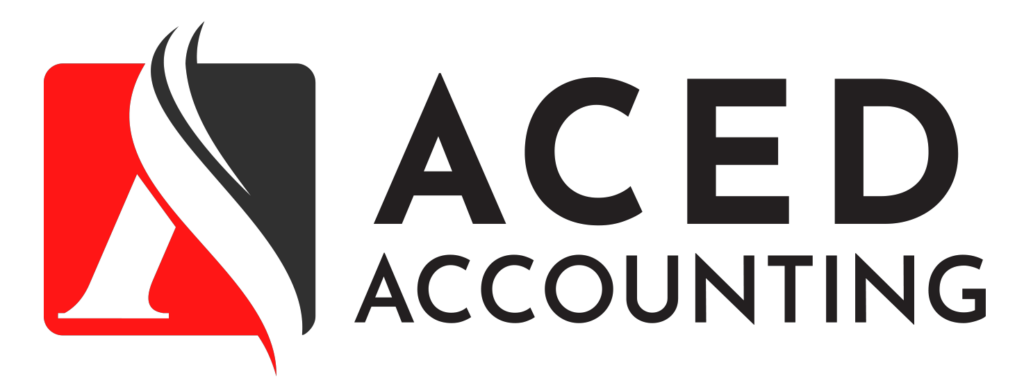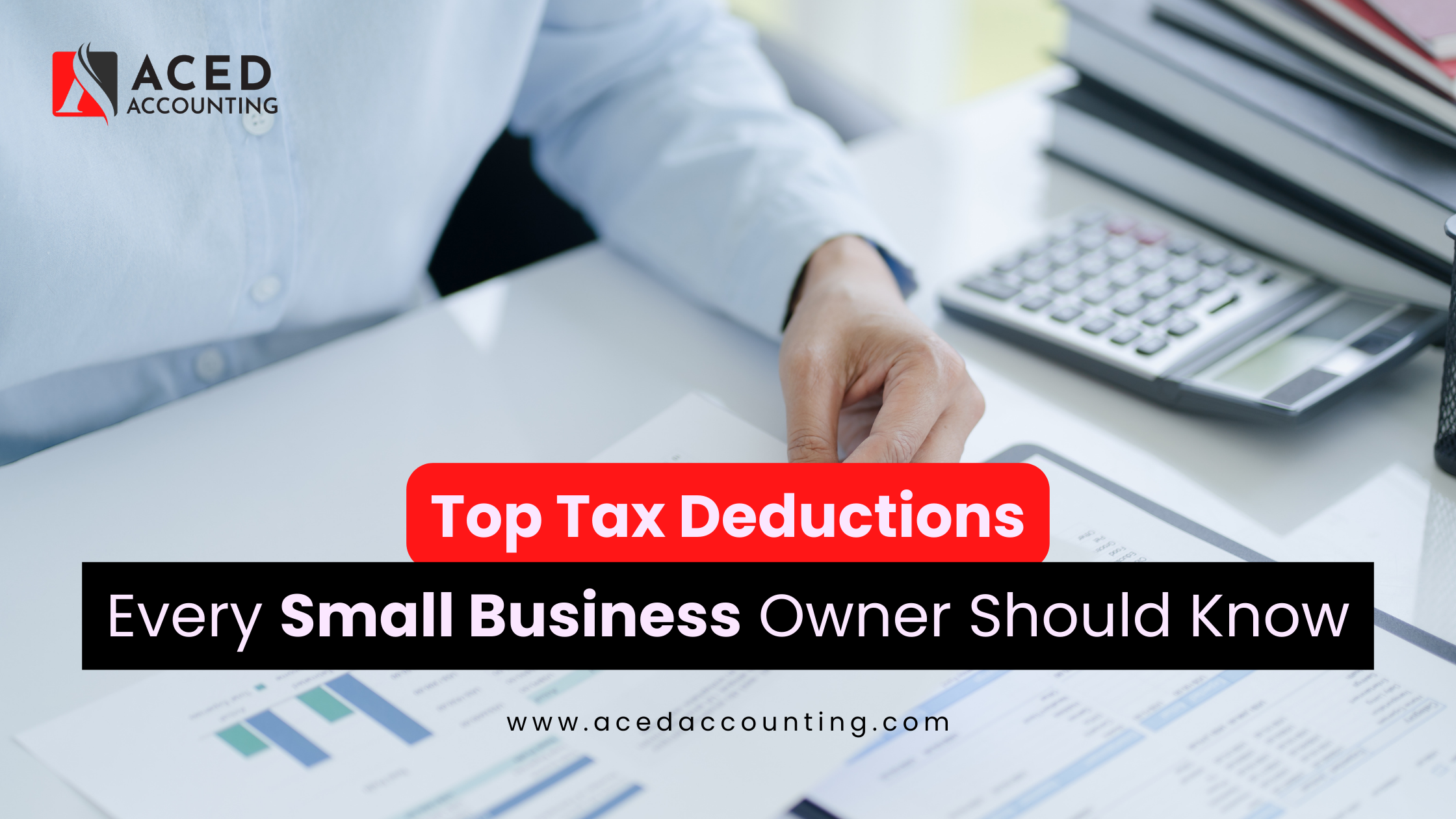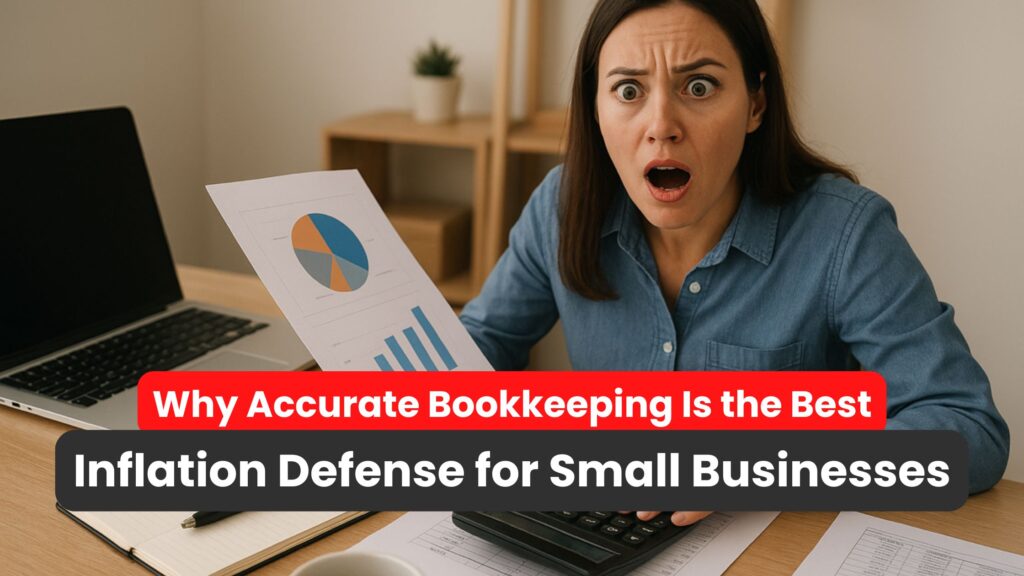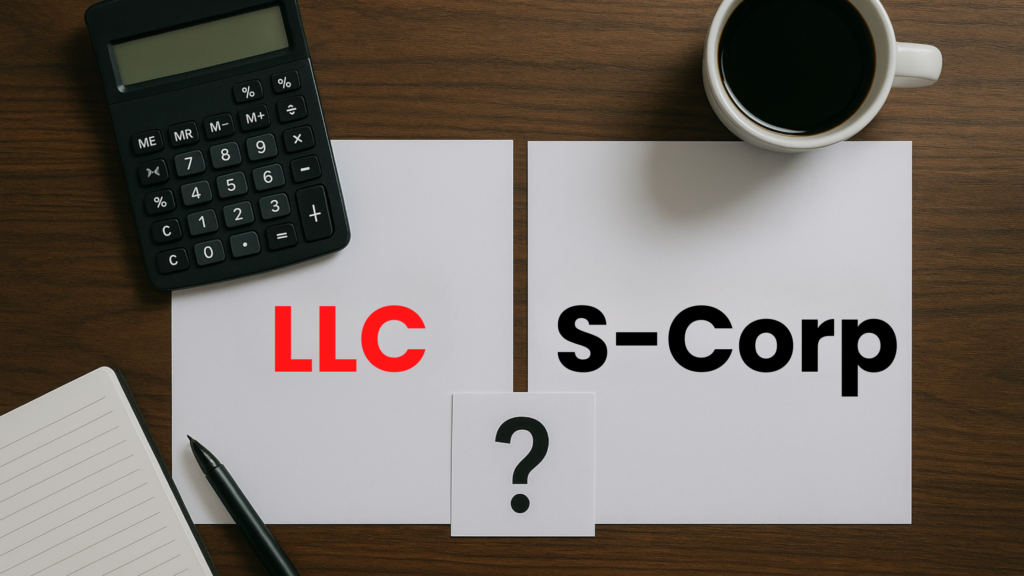Running a small business can be highly profitable, but it also holds significant challenges, and one of the most daunting ones is tax. For a small business owner, every dollar counts, so understanding how to maximize tax deductions can help save money to improve the bottom line. Whether you are just starting to become an entrepreneur or you are already an experienced business owner, knowing which costs you can deduct is a very good way of reducing your taxable income and bankrolling more money in the pocket.
We will now discuss why tax deductions are important, some general and industry-specific items to claim as deductions, some methods on how to track your expenses, and, most importantly, advice that should be sought professionally.
Why Tax Deductions Matter
Tax deductions help you reduce certain expenses from your taxable income, which automatically brings the total tax paid down. In a small business owner, this is very important:
- It frees up cash flow: This means to pay fewer taxes since a huge amount of the money reaped will be put back into business or saved in case something unusual happens.
- It improves profitability: With reduced tax liability, you have an increased profit margin.
- It ensures compliance: Knowing and claiming legitimate deductions keeps you within tax laws.
The right strategy makes deductions one of the best financial growth tools. Now, let’s take a peek at the topmost deductions every small business owner needs to know.

Section 1: Common Tax Deductions
Many small business expenses are tax deductions. Here are some of the most common:
- Office Supplies
From pens and paper to printer ink and software subscriptions, these expenses add up quickly. As long as they’re directly related to running your business, they are deductible.
- Rent and Utilities
If you rent office space or work from home, you can expense some of it. You may also completely expense the cost of any leased office space, and in the case of working from home you can also expense part of any rent or mortgage due to home office rules. Certain Utilities such as electricity, water, internet fall in the same category of cost-of-goods sold.
- Employee Salaries and Benefits
Pay salary, wages, and benefits you pay to workers tax-deductible in their health insurance contributions and retirement plans.
- Business Travel
If you travel for business, consider deducting airfare, lodging, car rentals, and food expenses. Keep a log or journal of what you’re doing while on your trip to prove the reasonableness of your expense.
- Marketing and Advertising
Other costs you can claim as deductions are marketing and advertising. This includes hosting a website, social media advertisements, and printing publicity materials.
- Professional fees
You can claim fees for accountants, attorneys, and consultants who help your business
- Insurance
The premiums paid on business coverage insurance, including the liability insurance or workers’ compensation, are deductible.
Most of these deductions apply to small businesses, but specific industries might provide an opportunity for saving even more.
Section 2: Industry-Based Tax Deductions
There is also a basket of tax-deductible expenses for businesses. Here are a few of them, each honed to individual industries:
- Estate Agents
- TBD : Miles traveled to guide the clients and meet at closings, or miles when scouting houses for home staging. These are deductible at standard mileage rate to the IRS.
- Continuing Education: Courses or certificates that can help you keep your license by meeting continuing education requirements
- Home Staging: Any cost of home staging
- Retail and E-commerce
- Cost of goods sold (COGS): a large subtraction, including both material and labor.
- Shipping: costs to transport goods to final customers.
- Payment Processing Fees: Fees for service for using a payment processing platform like PayPal or Stripe.
- Freelance/Artistic Professionals
- Software and Subscriptions: for example Adobe Creative Suite or Canva
- Workspace Costs: Any operation that takes place out of home or outside of a coworking space
- Professional Development: Courses or workshops to further one’s skills
- Healthcare Professionals
- Equipment and Supplies: Yoga mats, weights, or medical equipment.
- Continuing Education: Courses to keep certifications.
- Uniforms: Specialized clothing needed for the job.
Being able to recognize industry-specific deductions will help you get the most tax benefits while considering the special needs of your business.
Section 3: How to Track the Deductible Expenses
Tracking all the deductible expenses can be necessary if you claim all the correct and required expense accounts without facing any kind of audits. Here are some guidelines that can help you track how to do this:
- Accounting Software
QuickBooks, Xero, and Wave are some of the modern tools that can make it easier for you to classify your expenses and also give reports.
- Receipts and Records
Store digital or physical copies of all receipts, invoices and bank statements. Apps like Expensify or Dext can streamline this process via receipt scanning.
- Separate Business and Personal Finances
Use a specific business bank account and credit card to avoid confusion in the future.
- Log Mileage
Date, Destination, and Purpose will be recorded for each trip for all vehicle deductions by business.
- Seek the Service of a Professional Accountant
Even a seasoned accountant would help you in the arrangement of all those records, point out some omitted deductions, and make sure you are within compliance with tax laws.
Keeping accurate records throughout the year allows you to make the season of tax much smoother and less stressful.
Tax deductions for small business owners working to reduce taxes as much as possible and make the most profit possible without paying it out in taxes is really a very important tool. From common ones such as office supplies and utilities to industry-specific expenses, the full capacity to know what one can claim is key. But finding it and calculating it is not always easy. That is why seeking professional advice would be the best answer to avoiding missing deductions or making the expensive mistakes other errors may lead you to.

Maximize Your Tax Savings with Aced Accounting
At Aced Accounting, we understand the unique challenges small business owners face, especially when it comes to taxes. That’s why we offer comprehensive bookkeeping, accounting, and tax preparation services to help maximize your tax savings in an affordable and hassle-free way.
We leverage cutting-edge technology to streamline your bookkeeping while ensuring transparency with no hidden fees. Whether you’re a freelancer, running a brick-and-mortar business, or a real estate professional, we’re here to support you. Our goal is to help you scale smarter and grow stronger.
Contact us today to learn how Aced Accounting can help maximize your tax savings with our expert tax preparation services, so you can focus on what truly matters—your profit!
Also Read Top Tax-Saving Strategies for Small Businesses Before the Fiscal Year Ends
